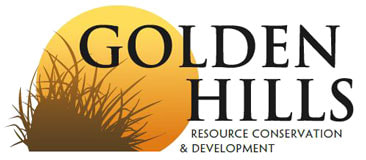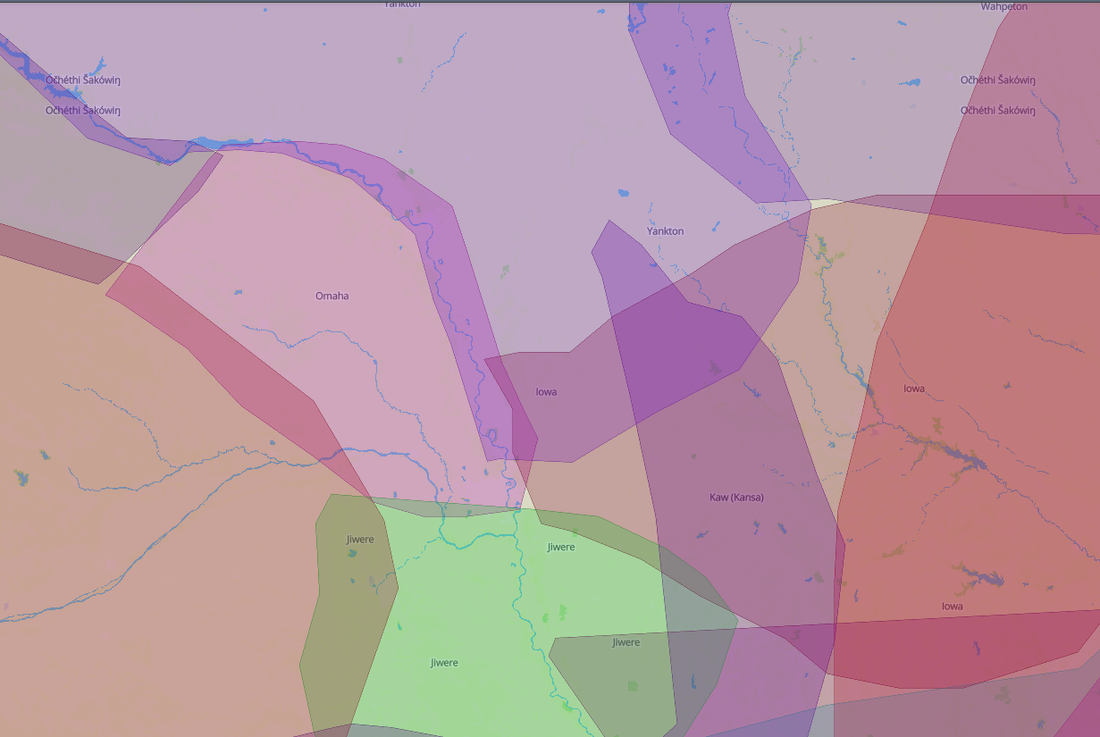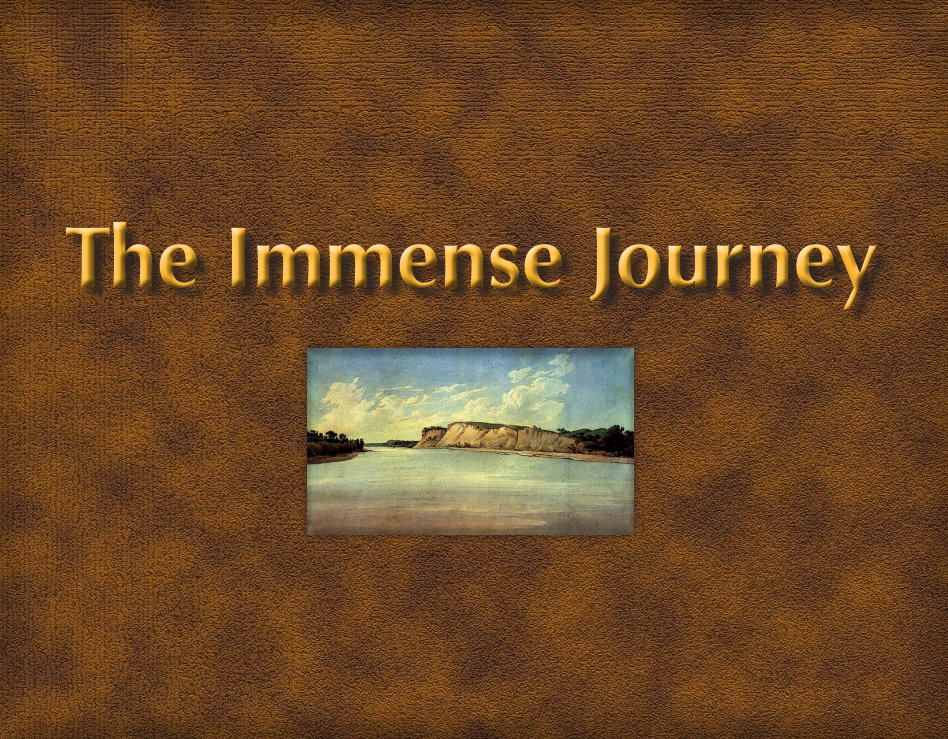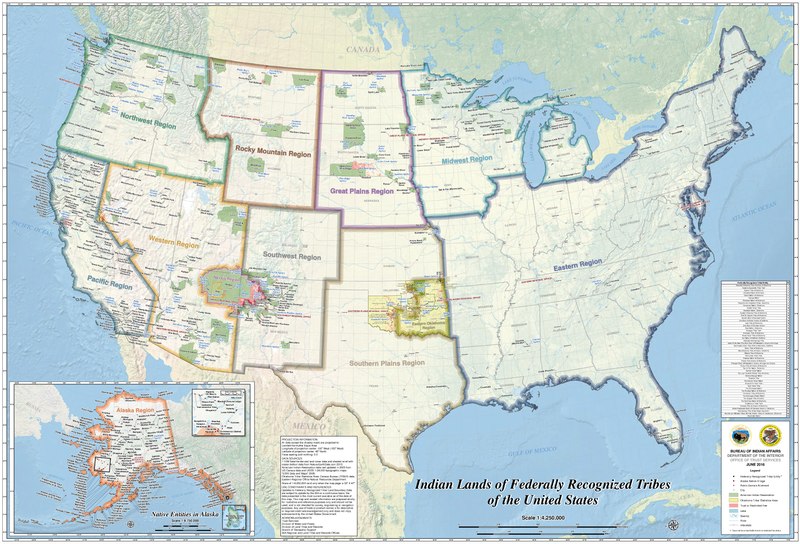|
November is recognized across the U.S. as Native American Heritage Month. "America is a vast land of many cultures dating back thousands of years to the original inhabitants of the land. History, heritage, or culture of Native Americans, Alaska Natives, and Native Hawaiians are part of every national park and communities across the country today. Every November during Native American Heritage Month and throughout the year, the National Park Service and our partners share history and the continuing culture of America's indigenous peoples." The area of western Iowa where Golden Hills works includes ancestral lands of the Jiwere (Otoe), Báxoje Máyaⁿ (Ioway), Očhéthi Šakówiŋ; Umoⁿhoⁿ tóⁿde ukʰéthiⁿ (Omaha), Washtáge Moⁿzháⁿ (Kaw/Kansa), and Yankton peoples. Many place names in the region, including Pottawattamie, Missouri, Mondamin, Neola, Nishnabotna, Nodaway, Sioux, and Waubonsie, come from native languages. Later on, the Potawatomi were forced out of the Great Lakes region to the western Iowa area before again being forced farther south and west. European colonizers led the forced removal and genocide of native peoples across the continent, including here in Iowa. Still, more than 16,000 indigenous people call what is now the state of Iowa (a native word for the Ioway tribe) their home. Find out which tribes lived in your area with this map: Many foods, medicines, and other products, and even the the political system we call federalism, originated with indigenous people. Learn more about these contributions. While many people think of native people living off the land without impacting it, they actually managed and stewarded the land sustainably for thousands of years. Native people grew crops, hunted animals, built homes, made tools, clothing, and supplies, and started regular fires that helped prairie and savanna ecosystems thrive. Because indigenous peoples here before colonization did not have written language, most of what we know about them comes from archaeological research and early Europeans' writings. In southwest Iowa, much research has been dedicated to the Glenwood Culture, centered around the confluence of the Platte and Missouri rivers south of Omaha (a native word meaning "upstream"). Some interesting local Native American history is that the Iowa Burials Protection Act of 1976 and the Native American Graves Protection and Repatriation Act, a federal law passed in 1990, were spurred by human remains found in the Glenwood area during construction work on Highway 34 through the Loess Hills. Golden Hills helped develop The Immense Journey: Loess Hills Cultural Resources Study, which is available for free download. Today, the Meskwaki Nation is the only indigenous settlement in the state but small slivers of the Omaha and Winnebago reservations in Nebraska extend across the Missouri River into Iowa. These sites offer opportunities to learn about the tribes' cultures through events such as powwows. Although the land and people have changed drastically in the last two centuries, contemporary Iowans owe much to the native peoples who lived here first and should recognize that indigenous people do still live here. Visit the Bureau of Indian Affairs website to learn more about how to celebrate Native American Heritage Month. Additionally, many states including Iowa recognize Indigenous People's Day in October. Learn more
University of Iowa Press also has several books available to purchase online, including:
The Office of the State Archaeologist has more information about Iowa's native peoples on their website.
0 Comments
Leave a Reply. |
Archives
June 2024
Categories
All
|
Address712 South Highway Street
P.O. Box 189 Oakland, IA 51560 |
ContactPhone: 712-482-3029
General inquiries: [email protected] Visit our Staff Page for email addresses and office hours. |




 RSS Feed
RSS Feed